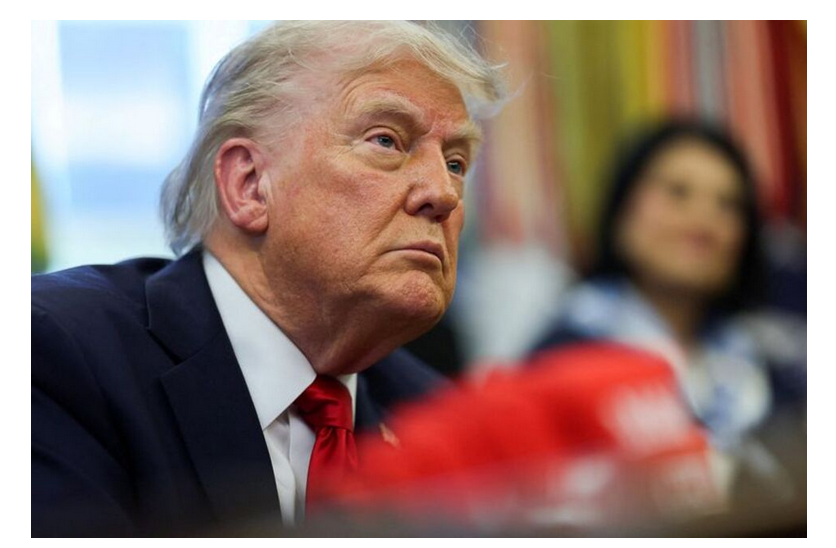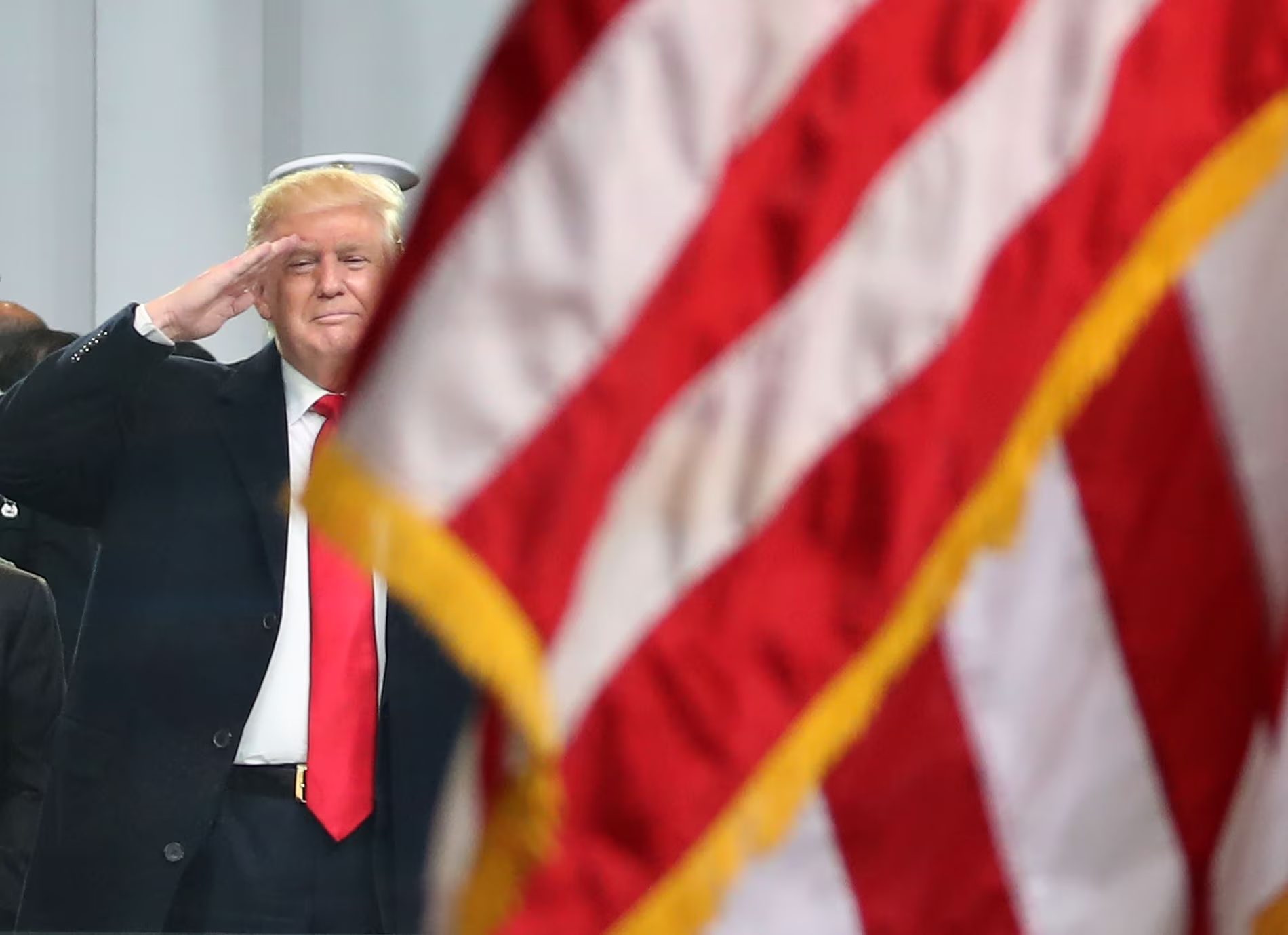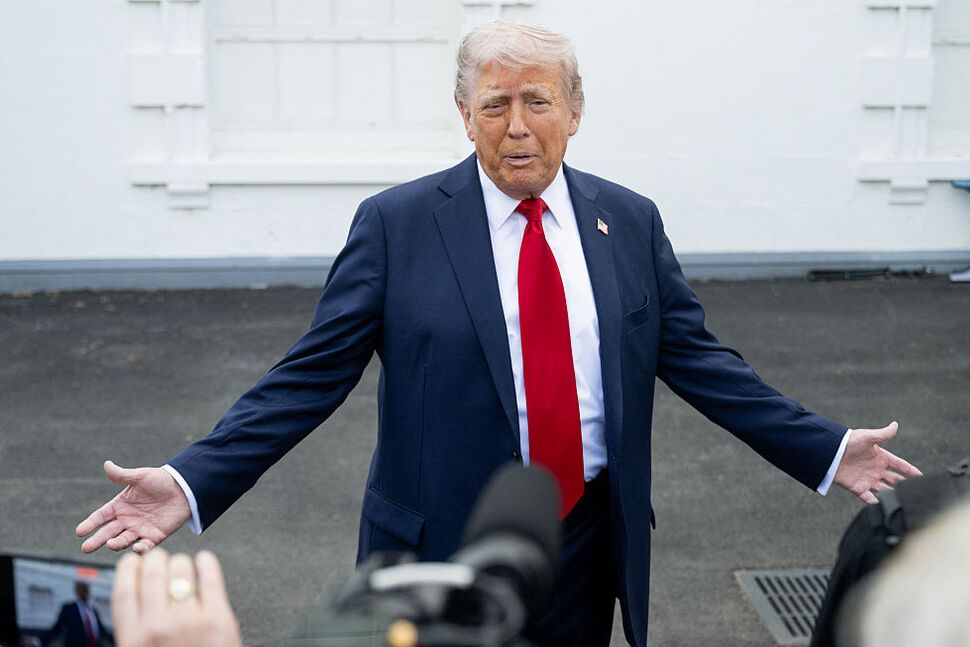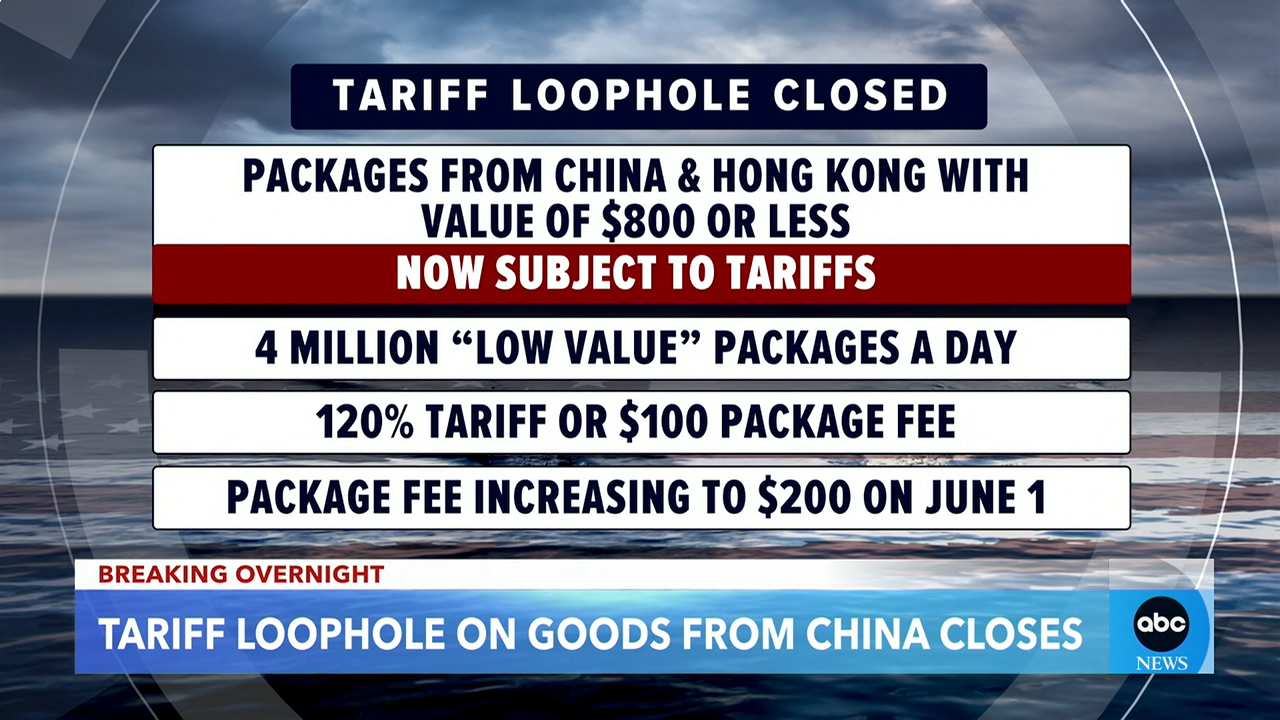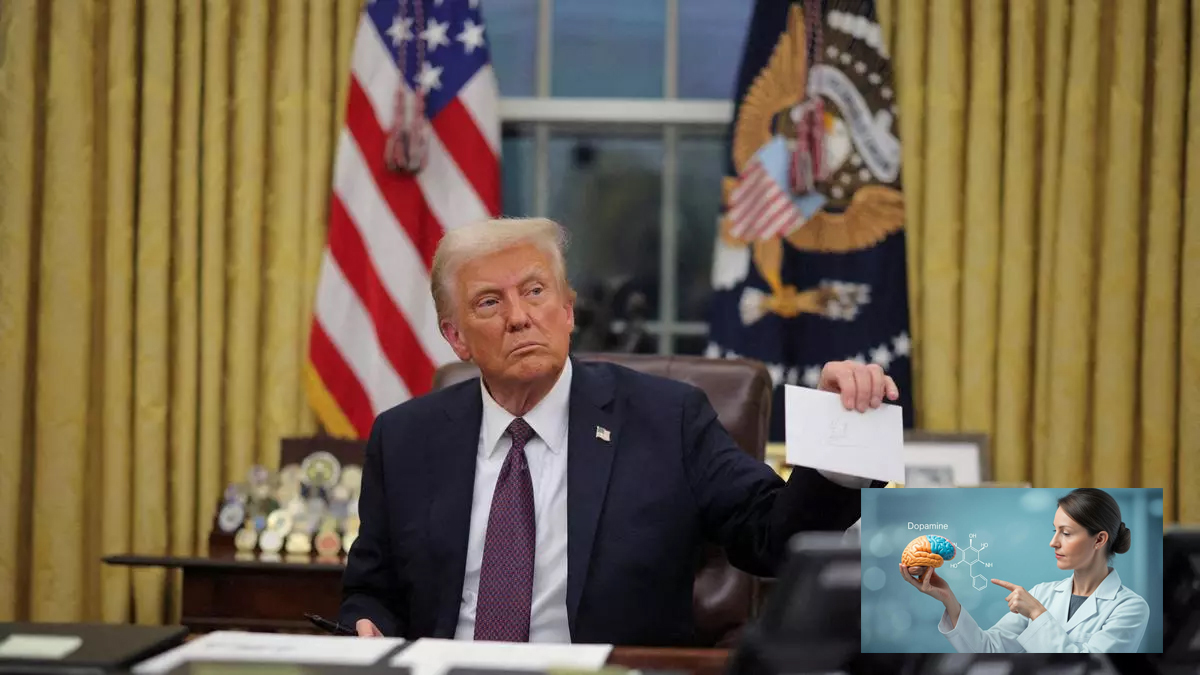British Film Industry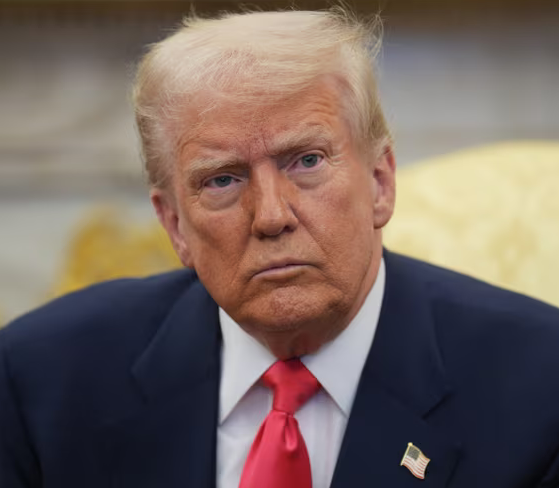
British Film Industry Responds to Trump's Movie Tariff
‘Simply Unworkable’: British Film Industry Aghast at Trump’s Movie Tariff
US President Donald Trump’s proposal for 100% tariffs on films “produced in foreign lands” has sparked outrage across the British film industry.
Industry Leaders Push Back
Rebecca O’Brien, producer of Palme d’Or winners The Wind That Shakes the Barley and I, Daniel Blake, called the tariff plan “simply unworkable” due to the international nature of modern filmmaking. “Hollywood is expensive,” she said, “which is why jobs go overseas.”
Stephen Woolley, producer of Carol and On Chesil Beach, labeled the plan “ludicrous,” adding, “International co-productions make regulation nearly impossible.” He warned the policy could damage independent filmmaking globally.
Concerns About Industry Stability
Colin Vaines, producer of Film Stars Don’t Die in Liverpool, noted the lack of clarity around Trump’s true intentions, suggesting that meaningful incentives like tax credits would be more effective than tariffs.
Director Stephen Frears sympathized with actor Jon Voight, reportedly a key advisor on the proposal, saying, “Trump bolloxed it all up. What a halfwit!”
Mike Figgis (Leaving Las Vegas) dismissed the proposal as headline-chasing, and raised concerns about Hollywood’s overspending on low-quality content.
Mark Cousins, director of A Sudden Glimpse to Deeper Things, criticized the “unreason and xenophobia” behind the tariff announcement, warning it could hurt global collaboration.
UK at High Risk
The UK’s film sector is particularly exposed, with foreign productions accounting for 86% of spending in 2023—around £4.8bn. A slowdown could cripple British studios and halt current expansion efforts.
Actor Brian Cox called the plan a “disaster,” saying Trump doesn’t understand how the film industry operates or why it relies on global cooperation.
Tax Incentives vs. Tariffs
Jezz Vernon, producer and lecturer at the University of Exeter, argued that expanding US tax credits would be more effective. He cited Netflix’s recent decision to move 3 Body Problem from the UK to Hungary for better tax incentives.
Vernon also warned that reciprocal tariffs would devastate Hollywood’s global streaming model, saying, “Instead of aiding Hollywood, the tariffs would damage the central economic model that sustains it.”
Equity and Industry Fragility
The British actors’ union Equity criticized the underlying “fragility” of the film industry. General secretary Paul W Fleming called for stronger public service funding and a competitive tax environment.
“Is stopping films like Barbie, Wicked, or Mission: Impossible going to help?” Fleming asked. “Clearly not.”
Trump Walks Back
Following backlash, Trump has suggested he may reconsider. He said he’s “not looking to hurt the industry” and plans to meet with Hollywood leaders soon.
‘Simply Unworkable’: British Film Industry Aghast at Trump’s Movie Tariff
US President Donald Trump’s proposal for 100% tariffs on films “produced in foreign lands” has sparked outrage across the British film industry.
Industry Leaders Push Back
Rebecca O’Brien, producer of Palme d’Or winners The Wind That Shakes the Barley and I, Daniel Blake, called the tariff plan “simply unworkable” due to the international nature of modern filmmaking. “Hollywood is expensive,” she said, “which is why jobs go overseas.”
Stephen Woolley, producer of Carol and On Chesil Beach, labeled the plan “ludicrous,” adding, “International co-productions make regulation nearly impossible.” He warned the policy could damage independent filmmaking globally.
Concerns About Industry Stability
Colin Vaines, producer of Film Stars Don’t Die in Liverpool, noted the lack of clarity around Trump’s true intentions, suggesting that meaningful incentives like tax credits would be more effective than tariffs.
Director Stephen Frears sympathized with actor Jon Voight, reportedly a key advisor on the proposal, saying, “Trump bolloxed it all up. What a halfwit!”
Mike Figgis (Leaving Las Vegas) dismissed the proposal as headline-chasing, and raised concerns about Hollywood’s overspending on low-quality content.
Mark Cousins, director of A Sudden Glimpse to Deeper Things, criticized the “unreason and xenophobia” behind the tariff announcement, warning it could hurt global collaboration.
UK at High Risk
The UK’s film sector is particularly exposed, with foreign productions accounting for 86% of spending in 2023—around £4.8bn. A slowdown could cripple British studios and halt current expansion efforts.
Actor Brian Cox called the plan a “disaster,” saying Trump doesn’t understand how the film industry operates or why it relies on global cooperation.
Tax Incentives vs. Tariffs
Jezz Vernon, producer and lecturer at the University of Exeter, argued that expanding US tax credits would be more effective. He cited Netflix’s recent decision to move 3 Body Problem from the UK to Hungary for better tax incentives.
Vernon also warned that reciprocal tariffs would devastate Hollywood’s global streaming model, saying, “Instead of aiding Hollywood, the tariffs would damage the central economic model that sustains it.”
Equity and Industry Fragility
The British actors’ union Equity criticized the underlying “fragility” of the film industry. General secretary Paul W Fleming called for stronger public service funding and a competitive tax environment.
“Is stopping films like Barbie, Wicked, or Mission: Impossible going to help?” Fleming asked. “Clearly not.”
Trump Walks Back
Following backlash, Trump has suggested he may reconsider. He said he’s “not looking to hurt the industry” and plans to meet with Hollywood leaders soon.

